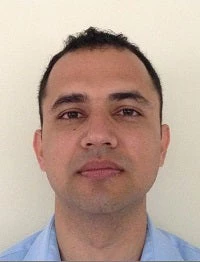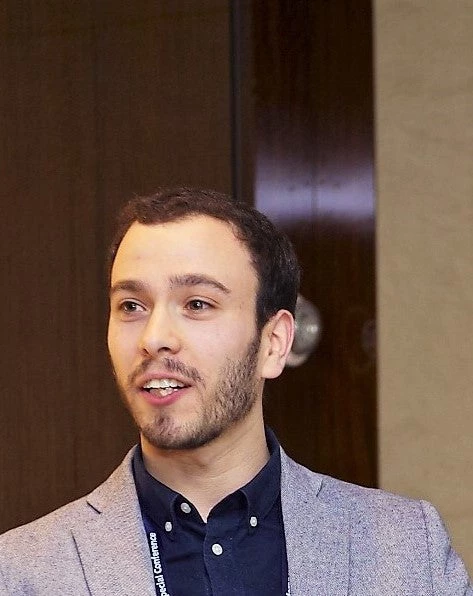Consider two households that have the same level of consumption (or income) per person but they differ in the following ways. All the children in the first household go to school, while the children in the second household work to support the family. The first household obtains drinking water from a tap connected to the public distribution network, whereas the second household fetches water from a nearby stream. At night, the first home is illuminated with electricity, whereas the second home is dark. A lay person would easily recognize which of these two families is better off. Yet, traditional measures of household well-being would put the two households on par because conventionally, household well-being has been measured using consumption (or income).
Recognizing the incompleteness of the so called monetary measure of well-being, this year’s Poverty and Shared Prosperity Report proposes a multidimensional poverty measure. It adds deprivations in education (child school enrollment and adult school attainment) and access to basic infrastructure (drinking water, sanitation and electricity) to the consumption measure to construct a more complete picture of poverty. With this broader definition of poverty, many more people come into view as poor.
The figure shows the proportion of people in monetary and multidimensional poverty in the world and in each region circa 2013. The global poverty rate is 50 percent higher (18 percent versus 12 percent) when poverty in its multiple forms is considered. South Asia has made progress in reducing monetary poverty, but when deprivations in education and basic infrastructure dimensions are taken into account, the share of the population in poverty more than doubles. The poverty rate in Africa is the most worrying, with almost two out of three people in multidimensional poverty.






Join the Conversation